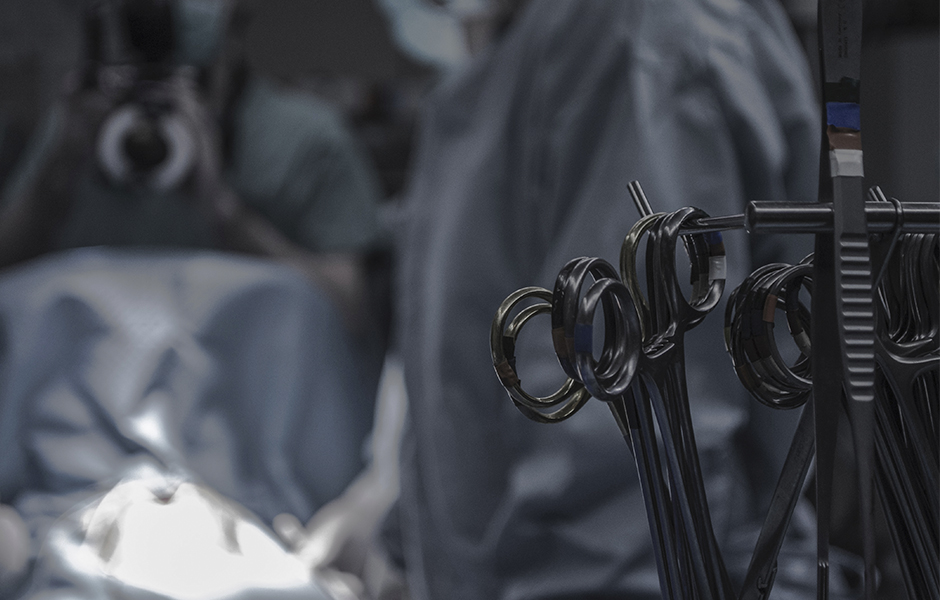A study with the participation of researchers from CINTESIS/Faculty of Medicine of the University of Porto (FMUP) applied an Artificial Intelligence-based algorithm to predict which cardiovascular patients are most at risk of developing neurological problems following internal carotid artery surgery.
According to the study, published in the Journal of Clinical Medicine, the team was able to determine the characteristics of patients who might have intraoperative neurological problems if they undergo carotid endarterectomy.
This surgical procedure aims to prevent strokes in patients with narrowed or blocked internal carotid arteries, located in the neck, which carry oxygen and blood to the brain. It is estimated that 58 million people worldwide, mostly men, have carotid stenosis that requires this procedure.
Although this treatment is widely used, it can have adverse effects on neurological deficits such as confusion and changes in speech, motor function, and consciousness. By calculating and stratifying the risk of neurological deficits, this new algorithm allows us to advise against surgery, in some cases, and to optimize an appropriate alternative treatment plan”, explain the authors, which include Juliana Pereira Macedo and José Paulo Andrade, from CINTESIS/FMUP, along with Luís Duarte Gamas, António Pereira Neves, Joana Mourão and João Rocha Neves (FMUP).

